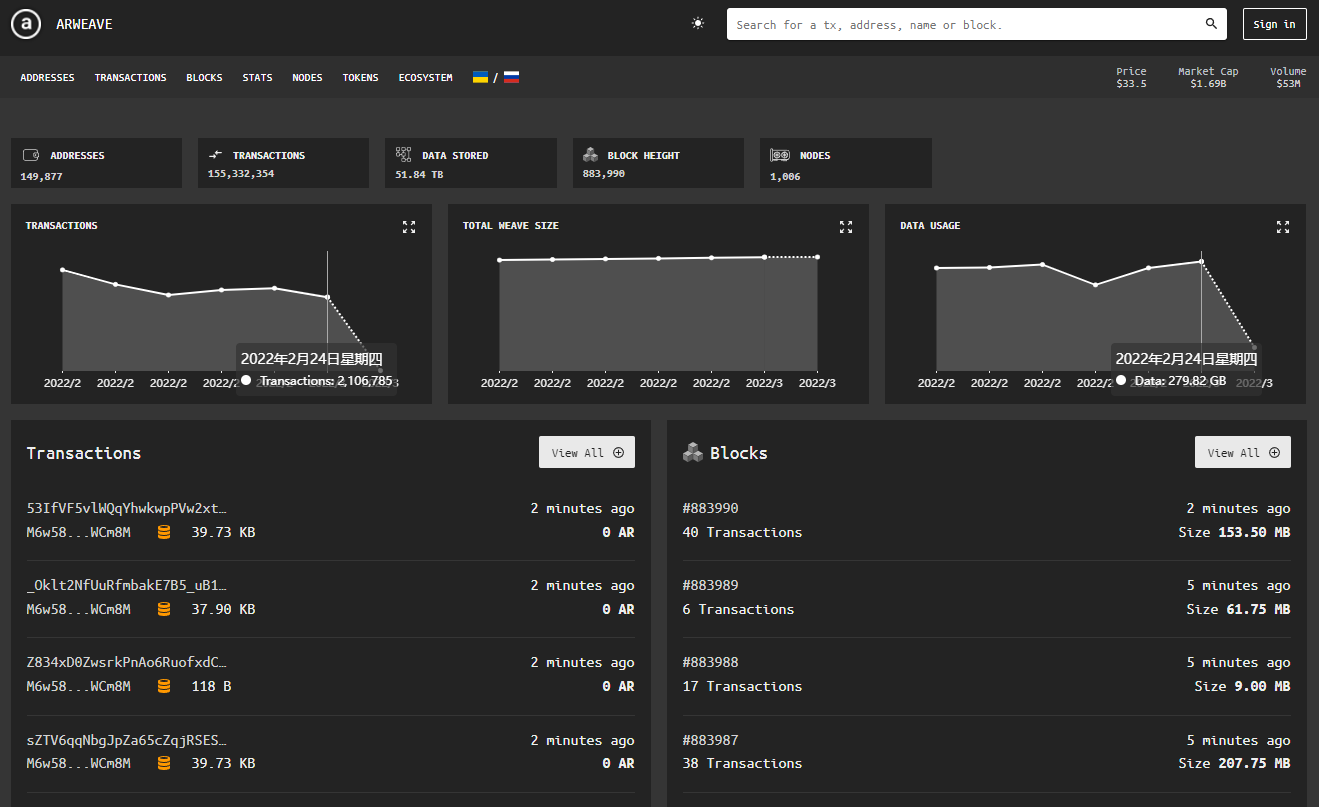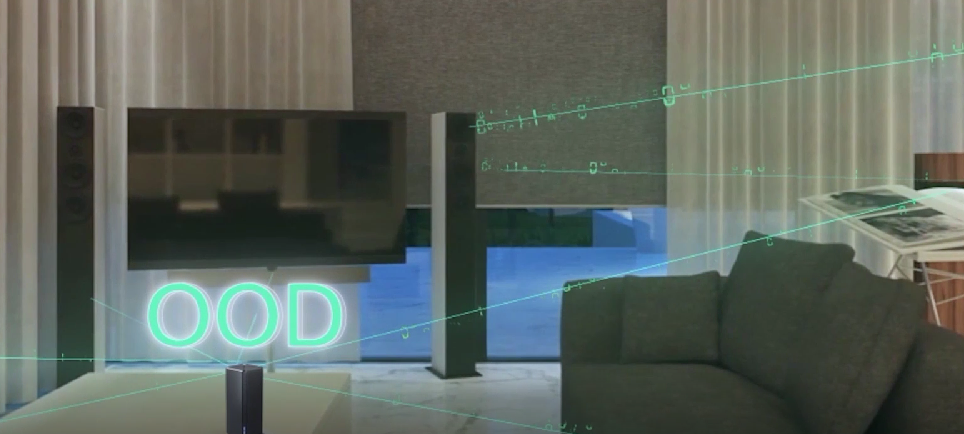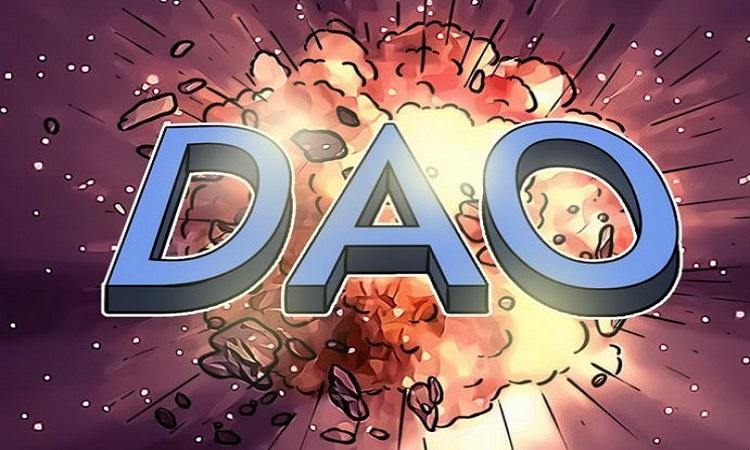
In my opinion, for a technology, an idea, or a revolution to be called "great," it must possess the following two capabilities. First, it must cultivate innovation and integration and support constant expansion to eliminate current drawbacks and problems while leading society forward. Second, it can be put to practice, meaning that it can be scenario-based, commercialized, or even popularized to change everyone's life. And now, we can give this technology, idea, or revolution a more specific description - the Web3 wave is approaching!
Hello everyone, this is Frederik, a content creator with his own independent ideas about the future of the internet. In the previous article, we discussed the history of the web, the core features of Web3, and the revolutionary significance of Web3. However, such information seems somewhat too far removed from the general public due to its obscure and grand concepts. Since we've defined it as "great," let's see how an average person can ride on the Web3 wave, or at least avoid being left behind in the path to the future.
The first is cryptocurrency, the core of Web3, which can never be avoided. It is a critical element in almost all the DeFi, NFT, Dao, Play-to-Earn, and metaverse topics that we will talk about later. Cryptocurrency is not a dreadful monster. On the contrary, it is the biggest enabler of the Web3 age and a means to address incentive and value distribution. However, our purpose of mentioning it here is not to encourage everyone to trade or speculate in cryptocurrencies. Rather, we want cryptocurrencies to be better understood, including their technical significance, and help avoid one-sided emotions and the traps of conventional thinking, such as the discussions of SmallBlock vs. BigBlock, L1 vs. L2, PoW vs. PoS, and CLOBs vs. AMMs. If you don't know how these things work in the Web3 world, you will be stuck in your current intellectual community and just echo what others say. While these technologies seem so far away for the masses, cryptocurrencies seem to be within reach. At least cryptocurrency, whether it is BTC, ETH, or other major players such as Dot, Uni, and Sol, can help most people understand the true meaning of "account-based content," better comprehend the ecosystem behind them, and the greater things underway. Further, people can come to realize how Web3 enables the direct transfer and fair distribution of values from the underlying layer of the protocol, so as to improve their cognition and quickly blend into a new world. What's most urgent now is to get a feel for the good and bad parts of the different things and make your own judgments before these future "greats" become collective memory.

Of course, some of you may have been in the cryptocurrency circle for many years, some may have seen through the "Emperor's New Clothes," while others may be still dwelling on them. What I want to say is that returns may be materialized in the early stage of the industry development. However, as the technologies evolve and society moves forward, only pure speculators who are not mature enough and have no knowledge reserve will enter the game now, making their money the "exit liquidity" of their predecessors. This phenomenon is rather scary. What's worse is that people's common sense is easily overwhelmed by the frenzy for price hikes in the community during irrational exuberance, which blinds them to the technology's true value. The result is that some forerunners who should have led the Web3 times are now left behind. As this mood becomes dominant, any subtle choices and careful considerations would be labeled as an anomaly. The result is that sensibility defeats rationality, and investors become naked swimmers under the tide.
With the basic knowledge about cryptocurrency, let's proceed to the topic of decentralized wallets. A decentralized wallet not only can store all your assets in the virtual world, but it is also the only path to the Web3 world - which is more important in my eyes. A more precise definition of a decentralized wallet should be "an identity login tool" to define your exclusive digital identity in the virtual world, such as Coinbase, imToken, TokenPocket, and MetaMask. The only prerequisite that can control your identity or wallet is that you must have the "private key" of the key pair or the mnemonic. With the private key, you can prove to anyone that you have the "public key" associated with it, that is, your external identity or the wallet address! This identity saves you the effort to repeatedly register accounts using different apps and prove that you are indeed you. Users can also encrypt information that only you can decrypt and read without communicating with you and then publish the encrypted data to allow only the holders of a specific private key to decrypt. Meanwhile, you can digitally sign any type of information, such as online votes or contracts. What's different from the traditional login access is that your real identity is used for the login this time, rather than a third-party account that you have registered which you have the right to use without ownership. Although the login method remains much similar to the Twitter or WhatsApp login, the only difference lies in that your real identity is used for login.
Then the door of Web3 will be officially open for us to experience the Web3 projects that are already available in the market. This question is often asked by foregoers leading the times. Here I've made a list for your reference. If you have the time and the interest, I recommend you give it a try.
If you are a content creator, try to write and publish articles on Mirror, a decentralized blogging platform built on Ethereum. You can have a totally different experience from traditional content distribution platforms. For example, your content won't be arbitrarily deleted by the platform like it is in the Web2 era. Your content itself is also a non-fungible token (NFT). And you can add co-creators to share the returns from the article - which is the direct transfer and reasonable distribution of values we often mention. Just as the Mirror official website says: "Joining Mirror does not only make you a community member. It makes you a co-owner of the platform. As a result, our platform is a sum of our contributors."

Some may wonder where exactly these articles will be stored. If they are still stored on Mirror's server, the solution will be cast into the shade no matter how many advantages it has! Some of the more observant among you may have found that there is an Arweave tx parameter displayed below every published article. This is the hash value of the content stored in Arweave. This hash helps us find our articles in the decentralized storage network.
Decentralized storage is crucial to Web3. It can even be described as a key to defining Web3 because it relates to the data property rights baseline. In the Web3 era, data is created by users and must belong to users. If data is owned by a centralized platform, it won't be called Web3.
Apart from Arweave, IPFS and FileCoin are also decentralized storage platforms in the market. Although they have been released online for a while now, many problems still exist, at least currently. In the design of the IPFS protocol, the spiritual core is derived from the popular DHT technology in the early 2000s. As for FileCoin, which has been given high hopes to improve the problems, it seems to be just another similar project, as the current results show. The computing resources that it has pooled together through the token consensus have not enabled better availability of the IPFS network. As a matter of fact, most of the data stored on FIL miners' machines is garbage. This is because FIL does not provide real storage or contribute to improving the IPFS network, nor does it offer any deterministic incentives without which no endeavor or thought will be possible in the decentralized world. Then there’s Arweave, which is relatively usable due to its simpler principle: data is permanently stored through data sectors common on every mining machine. This means that the data stored on Arweave has as many copies as the number of mining machines. Multiple copies naturally lead to better reliability and availability. Still, there is a key disadvantage: any data entering Arweave will be stored permanently. Currently, it costs $9 to save 1 GB of data on Arweave, which is a little expensive for attempts to save data (against $120 for 2 TB of Dropbox a year). However, it is very cost-effective compared to the permanent storage on mining machines, though it may crash Arweave's network. This contradiction is inherent. First, not all data is worth permanent storage. Second, a more profound issue is that when the ecological demand is priced based on token, if the token is too pricy, it cannot serve as extensive infrastructure, undermining the practical significance of the ecosystem. But if the token is too cheap, the consensus ends, and the network as a whole will crash.

That's also why decentralized storage remains an imminent challenge of entering the Web3 era. This must be a brand-new track if you are a programmer or developer! In my opinion, there is no need to set up these storage facilities just for the sake of storage. Instead, they should be able to fit into an average person's life. Serving as each person's private cloud is the most desirable solution. You can use one of these facilities to store all the applications you use. The data is generated and made exclusively for you. In the Web3 era, it is your data safe and your private server; it will be the most critical infrastructure of Web3. It stores things only for you from the very start. Not like what’s happening now: our data are stored on the cloud services of major Internet service providers, entirely controlled by them, and they recommend us the information that they want us to see. These data will be tied to your digital identities, such as photos, videos, and files in the physical world, and avatars, game properties, and skins in the virtual world! Meanwhile, it will manage all of our smart devices. That is to say, all our external communication will be connected with the outside world through the private server at home. Ideally, everyone should own a data safe at home, just like a PC and a router. Its storage space can be expanded freely, and the excess space can store user content on the Internet that needs to be stored. Blockchain can be adopted to encrypt the content, and a smart contract can be established to ensure the length and the price of the file storage between the anonymous parties. Of course, this is a general idea, perhaps not so mature yet. If you are someone who has independent thoughts about Web3.0, you’re welcome to join us. We can learn and make progress together.

If you are a programmer or developer, another point is to think about what a decentralized open-source platform should be like. For now, GitHub is dominant in this field, but undeniably, it is still a centralized platform. Your account doesn’t belong to you and getting suspended by GitHub is nothing new either! The most important point is that an open-source platform has suffered a lot from always providing but never earning. The true value of open source developers cannot be well reflected, let alone getting a reasonable distribution of the benefits. For example, if a company references a developer's code and their project grows into a success, will this developer get a piece of the pie? It all depends on whether the company has a conscience!! But this will never happen on an open-source platform of the Web3 era because all codes will be considered NFTs and deserve to be rewarded!
Many may say that they don’t have special skills. They can neither write interesting articles, edit funny videos, draw beautiful pictures like a content creator, nor build great apps with codes like programmers. But it doesn’t matter because we have games that everyone can play anytime, anywhere. Gamefi can be a good method for someone to get into Web3. It is the intersection of DeFi and P2E blockchain games. Although a few years ago, players could already earn by selling rare equipment in many games, such as The Legend of Mir and World of Warcraft, where some players were selling equipment for money. But these games are centralized essentially because the game assets only exist and circulate within the game. If the game is closed or the trading feature is disabled one day, the assets can no longer be converted into currency! In contrast, all in-game assets in blockchain games are on the blockchain and can’t be tampered with. And one can withdraw the assets to their wallet or trade on the NFT platform. So, the realization of the assets is not entirely dependent on the game. In Gamefi, you can experience both the charm of NFT and the pleasure of P2E. This is also an entrance to the metaverse. As an important way Web3 presents itself, metaverse’s future is worth the expectation. Though still in its early stage, you need a comprehensive understanding of these concepts and even experience them yourself, then you can truly step into Web3!
Of course, I believe everyone has their own set of skills and can excel in their areas of expertise. But the harsh reality is that we have to make compromises for work. Our ambitions and ideals have already been worn down by the company’s system. We gradually become a walking shell without dreams!

Here, we can also introduce the idea of DAO to gather people of insight and work together to achieve great things! If you are working in the Internet sector, exhausted and being squeezed by your 9 am to 9 pm job, six days a week, or even a 24 hours a day, seven days a week job, I know you must have fully realized this after so many years working: at least in terms of workforce collaboration, models such as part-time work, flexible employment, and crowdsourcing can mostly met the needs of existing company models. And yet, you are still living paycheck to paycheck. Admittedly, this is not a desirable condition! Suppose you want a higher quality life with more extraordinary dreams rather than just doing a mediocre job or freelancing to support your family. In that case, DAO may be right for your future. Because DAO can bring together people of similar minds and enable them to exchange ideas and gather wisdom. In this way, people can work shoulder to shoulder for the same goal, doing something more significant and worthwhile. I believe when that day comes, you will definitely rise from where you are stuck currently and gain more wealth. At least here, you can truly be yourself! The recent news of a ByteDance employee suddenly dying in the gym made me think a lot. Life is like a cloth interwoven with good and evil deeds. Our good deeds must be driven by our faults, while our evil behavior needs to hide under our kindness. We long for a pure and straightforward life and yet also want to possess great wealth that allows us to do as we like. We are reluctant to compromise so much for money, and we desire to go see the big wide world with no burden to bear. But we get slapped in the face by the grim truth, reminding us that one can not have their cake and eat it!
This is the allure of Web3. It's a new era that allows ordinary people to integrate into it. But I would like to remind everyone not to be too obsessed. What we need to do now is to raise our own awareness, to find out what the pioneers of this era are really doing, and to remember not to lose ourselves on short video platforms enjoying every swipe! When seeing somebody doing this, I can genuinely understand how angry and sad Mr. Lu Xun was as he wrote down this sentence: “I mourn for their misfortunes, yet I am angry about their cowardice!”
We had a webinar on Web3 the other day. The participants were all ordinary people. Some were still students, some were programmers being squeezed by major Internet companies, and some were breadwinners of their families who had been worn down by daily routines! We had a vigorous discussion lasting 2 hours, focusing on the urgent problems that need to be solved in the realization of Web3 and how ordinary people can integrate into Web3. Many participants contributed their unique takes on the topic. They were determined to devote themselves to ride on the great Web3 wave. I was touched by this. If Web3 does come true one day, I will consider it a historic moment!
 Web3News
Web3News




